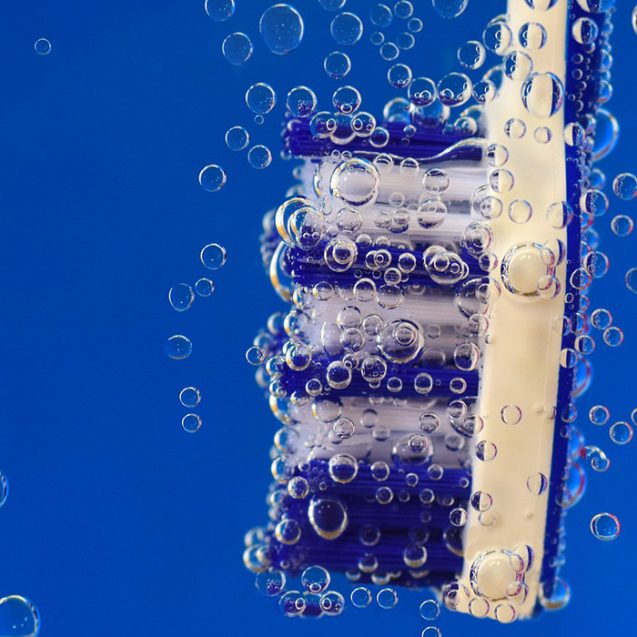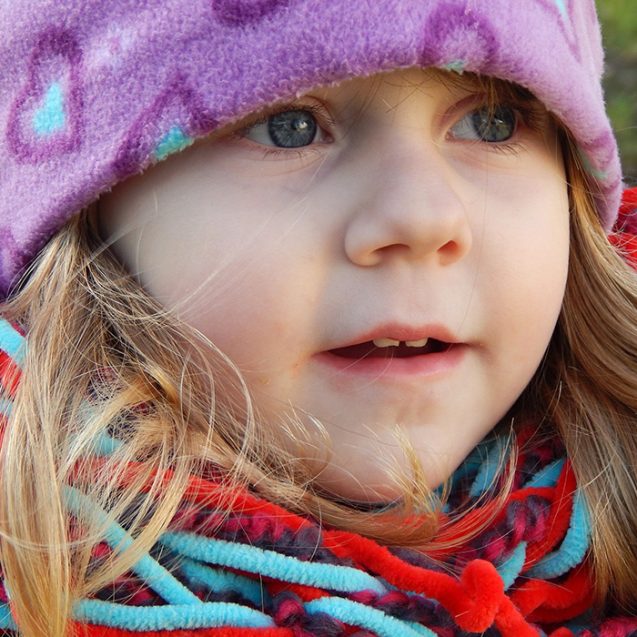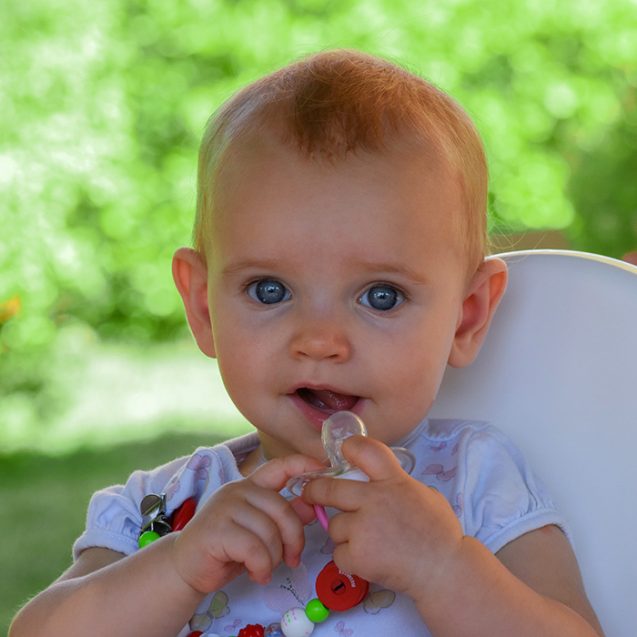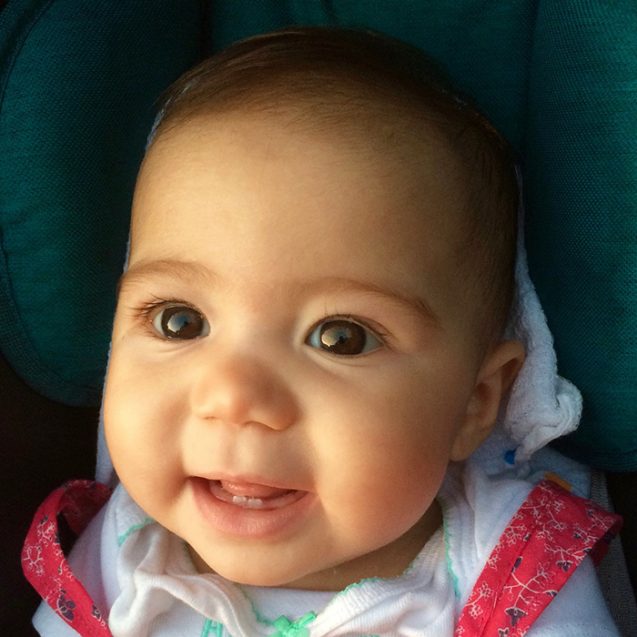NAIL BITING IS A HABIT shared by between a quarter and a third of children and nearly half of teenagers. Compulsive behaviors don’t always have negative effects on a person’s physical health, but this one definitely does. In addition to leaving the nails torn and uneven and doing damage to the nail beds, nail biting can lead to a variety of oral health complications.
More
WE ALL USE TOOTHBRUSHES to take care of our teeth, but what are we doing to take care of our toothbrushes? It’s critical that our toothbrushes remain in good condition so they can do their jobs of keeping our teeth healthy, which is why we’re dedicating a blog post to giving our patients tips on toothbrush care!
More
WE ALL KNOW WHAT it’s like to have a cold, with a nose so stuffy that you can’t breathe through it. At times like that, we breathe through our mouths instead, and that’s pretty much how it should work. Mouth-breathing is an emergency backup, not the default. There are many negative effects of mouth-breathing full-time, particularly if the habit begins in childhood.
More
THE WORLD IS A big, new, confusing place for a young child, so it shouldn’t be much of a surprise that they like having something familiar to help them cope. Sometimes this means a stuffed animal or favorite blanket they carry everywhere, but for many children, it’s a pacifier or a thumb.
As parents, it’s important to be able to strike the right balance for our children when it comes to thumb-sucking or pacifier habits. Forcing them to stop too early can bring them unnecessary stress, but allowing them to continue sucking that thumb too long can cause significant problems for their oral health.
More
A BABY’S FIRST TOOTH is a major milestone, and a child losing their first tooth is another! As parents, it’s important for us to know what to expect when it comes to our children’s baby teeth, from when they come in to when they lose them, and how to take good care of them in between. That’s why we’re dedicating a blog post to baby teeth!
More
HAVE YOU EVER NOTICED white spots on your own or someone else’s teeth? When we think of stains, we usually think of dark colors, but stains on teeth can just as easily be whiter than the surrounding area. These white spots can happen for a few different reasons, and there are a few different ways to remove them.
More
SPORTS INJURIES, ACCIDENTS, and tooth decay are just a few of the reasons we might lose a tooth. Thanks to modern dentistry, however, we don’t need to settle for having a gap in our smiles for the rest of our lives. There are a few ways to fill that gap, and one of them is with dental implants.
More
GRINDING OR CLENCHING YOUR teeth is a pretty normal thing to do when you’re annoyed or stressed, and that’s nothing to worry about. However, if you grind your teeth on a more regular basis, whether asleep or awake, it can become a serious problem. This kind of chronic teeth-grinding is known as bruxism.
More
EVERY PERSON IS BORN with their own unique smile. Some smile with all of their teeth, some only show the top row, and some don’t show their teeth at all, and a smile can come in all shapes and sizes and still be genuine. We can also end up with smiles that look a lot like our family members’ smiles even if we have very different faces. How does this happen? What gives our smiles their shapes and makes them shine?
More
MOST PEOPLE WILL develop a total of twenty baby teeth that are gradually replaced by a total of thirty-two adult teeth. Sometimes those teeth don’t all appear, a condition called hypodontia. In even rarer cases, all the normal teeth will be present, plus at least one extra! These extra teeth are supernumerary teeth, and the condition is called hyperdontia.
More










